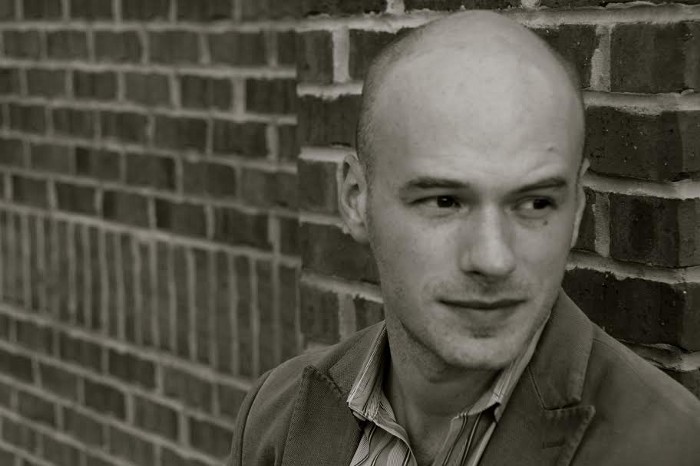Adrift and Pilotless
James Davis May, Winner of the Cecil Hemley Memorial Award in 2016 for the poem “Ed Smith”
This poem, by a friend of mine (with whom I do not plan to share these thoughts), won the Poetry Society of America’s Cecil Hemley Memorial Prize. I read it, and liked it, but the commentary at the end of this page made me read it again, and then I really started to feel it. Or at least something more about it.
One of my persistent complaints about poets and poetry, perhaps especially my own, is that the writer often implies some knowledge that presumably can’t, or shouldn’t, be discussed in a more direct form. The topics will be philosophy, or psychology, or mysticism in some form, though it’s altogether too pedestrian to mention any such taxonomy. And the reader must accept the poet’s authority to speak on such subjects, give credence to at least the possibility of truth in the poet’s utterances, or there’s really no point in reading it at all.
It has been my experience of being a bad poet and knowing very good ones that no such credit or credulity is warranted. This is not to say that poets are any less likely to possess some esoteric understanding of the world than the rest of us, but it is to say that they seem unlikely to possess any more of it either. I might never have noticed this had I not written a little myself, more than a few years ago, and caught myself in silly rationalizations of my own overblown declarations. “I am writing with wonder about things not understood,” I might have told myself, “and that is a form of understanding.” Or: “Knowledge isn’t as linear, as discursive, as we’d like to think.” Or “words have a knowledge of their own.” Or “my words, like all words, are a finger pointing at the moon. Even the greatest poet, thinker, philosopher, or theologian cannot write the moon itself.”
Unless you’ve grown too nauseated, you get the idea.
But what about a poem that asserts things we know to be true, in a telling that reveals something about why it must be so?
because this, to be forgotten by everyone,
even our own minds, seemed — and it is —
inexcusable, the worst sort of indignity.
And what if the poem questions both the nature of that categorical truth for us as individuals
I catch myself
manufacturing a sort of condescending pity,
condescending in the way that all pity is
and exposes our native mistrust of its subject?
he says no,
that he didn’t come that way, but I know
it’s the only way he could have come.
What if we’re left with no choice but to surrender to our complete inability to know, even as knowing is a necessary precursor to the surrender?
…the laugh
the acceptance of what cannot be changed
Even the figurative falls short, but as close as we can get to knowing something we already know… that all of us know in our own trials or fears or long-denied inevitabilities, perhaps even about ourselves. Inadequate metaphors, mere symbols, are as close as we’ll come.
a ghost in reverse, an orphaned memory
None of which undoes the knowing, nor the knowing about.
a song that he’s remembered or imagined
and isn’t there but seems to be beautiful
Imagine if understanding this very concrete, very defined thing about which we all have opinions proves so elusive that we can’t investigate it further, and we must, like our subject,
sit quietly in our chair, without questions
That seems the proper space for a poem. And such an expansive space that I begin to doubt my misgivings, and wonder if I’ve simply not misconstrued the certainty of a hundred, or a thousand, poets all along. It was never the kind of knowing that you could use to build a wall or navigate a country highway. Instead, it’s a kind of faith that we can say things about the unspeakable, and say those things to each other, and have a kind of understanding that’s absolved of possibility and evidence by virtue of that faith and its one requirement, need.
